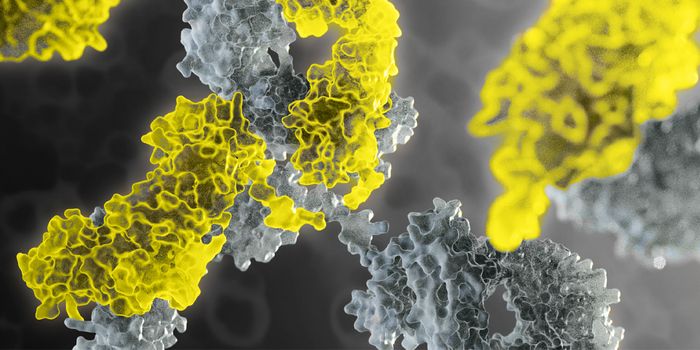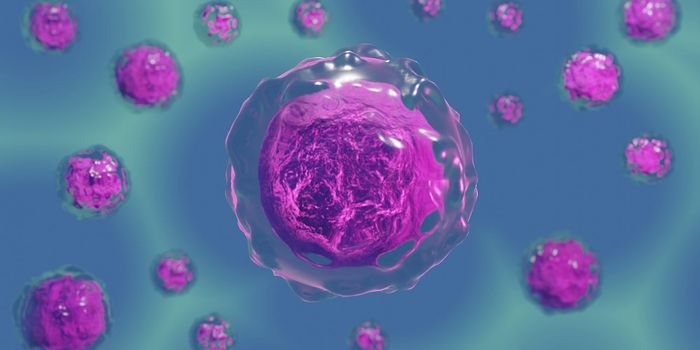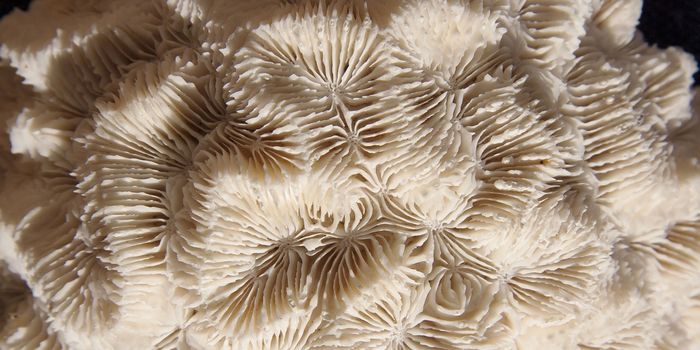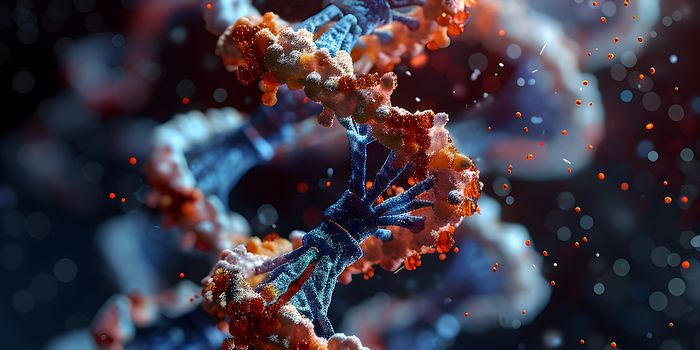What Makes A Strong Antibody Response to Coronavirus
Scientists all over the world are racing to develop a vaccine that effectively and safely prompts protective immunity to SARS-CoV-2, commonly known simply as “the coronavirus” or “the novel coronavirus.” In a new finding from the Scripps Research Institute, researchers found something that many antibodies against the coronavirus have in common: a gene, IGHV3-53.
Triggering the immune system to produce protective antibodies is a fundamental aspect of a successful vaccine candidate. In their study, researchers analyzed nearly 300 anti-coronavirus antibodies extracted from the blood of individuals recovering from COVID-19, the illness caused by the coronavirus. They found that the antibody gene IGHV3-53 was majorly involved in encoding many of these antibodies.
Using an imaging technique called X-ray crystallography, researchers then took images of two IGHV3-53-encoded antibodies as they attached to their target site on the coronavirus, the infamous “viral spike protein” that gives the coronavirus its namesake. The binding of an antibody to this target site prevents the virus from binding human cells and beginning the infection process, thus protected the individual from disease.
These images, providing “atomic-structure details,” provide a roadmap for “vaccine designers” by depicting the exact mechanisms by which antibodies bind the viral target site on the coronavirus. For vaccine designers, this roadmap leads them right to their destination: how to produce therapies that prevent the virus from launching an infection inside a vaccinated person’s body. The roadmap could also be applicable in antiviral drug development, where the same information could be used to design treatments for existing infections.
"This type of antibody has been isolated frequently in studies of COVID-19 patients, and we can now understand the structural basis for its interaction with SARS-CoV-2," explained senior author Ian Wilson, DPhil.
Other research studies have found that IGHV3-53-encoded antibodies can also be present in the blood of seemingly healthy individuals. In theory, a vaccine created to prevent COVID-19 could work by enhancing these antibody levels that already exist, providing protection from disease by the coronavirus.
"Coronaviruses have been around for hundreds to thousands of years, and one can imagine that our immune system has evolved in such a way that we carry antibodies like these that can make a powerful response right off the bat,” Wilson explained.
These new research findings will help scientists determine the ingredients of a vaccine that could build protective immunity from COVID-19. In the words of co-author Dennis Burton, PhD, the results provide “important inspiration for effective COVID-19 vaccine design.”
As of Tuesday, July 14, 2020, there have been at least 3.4 million cases of coronavirus infection and 135,916 deaths from COVID-19 in the United States, according to the New York Times.
Sources: Scripps Research Institute, Science, New York Times








